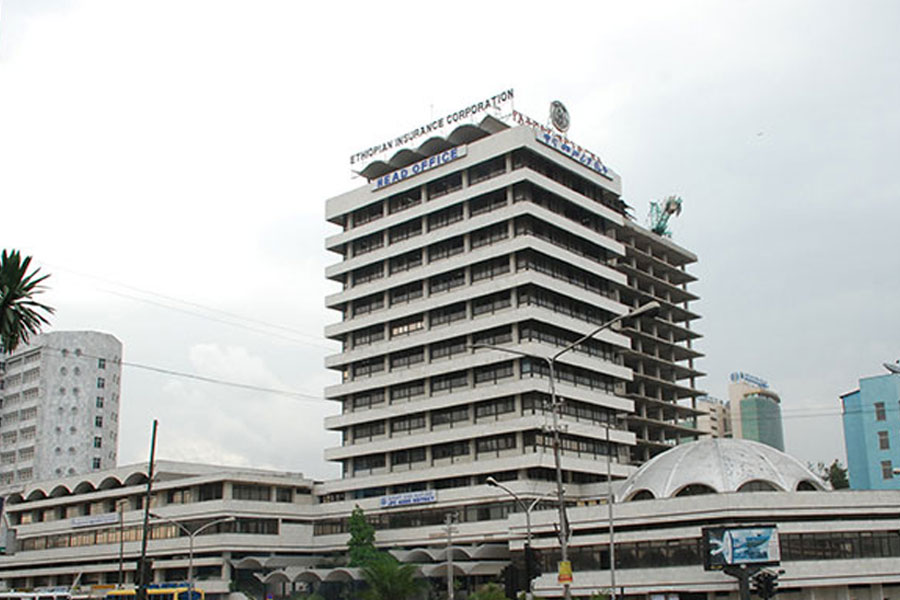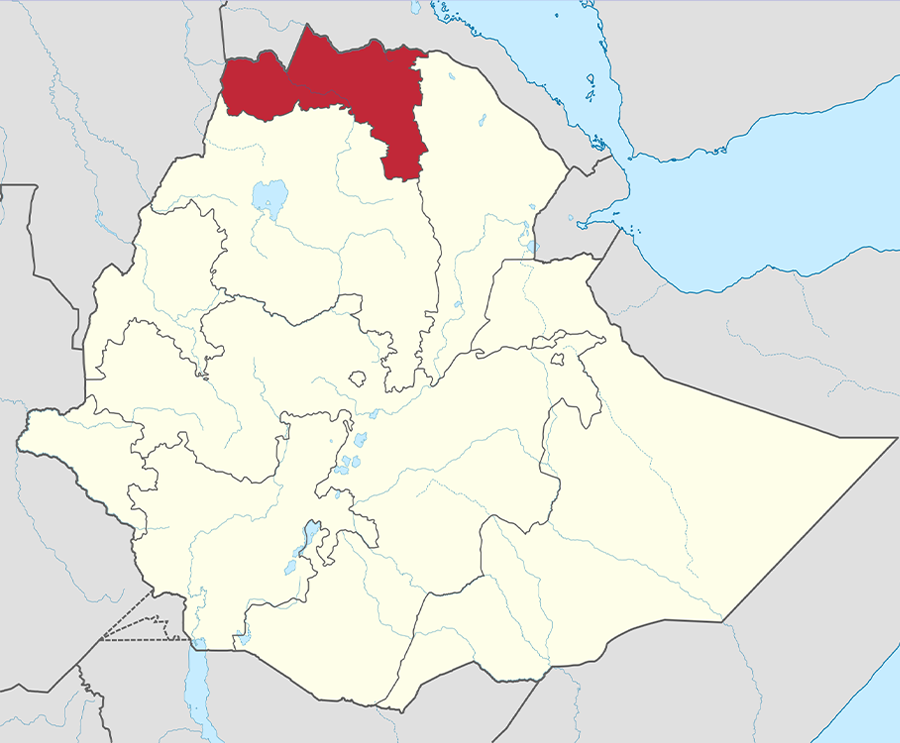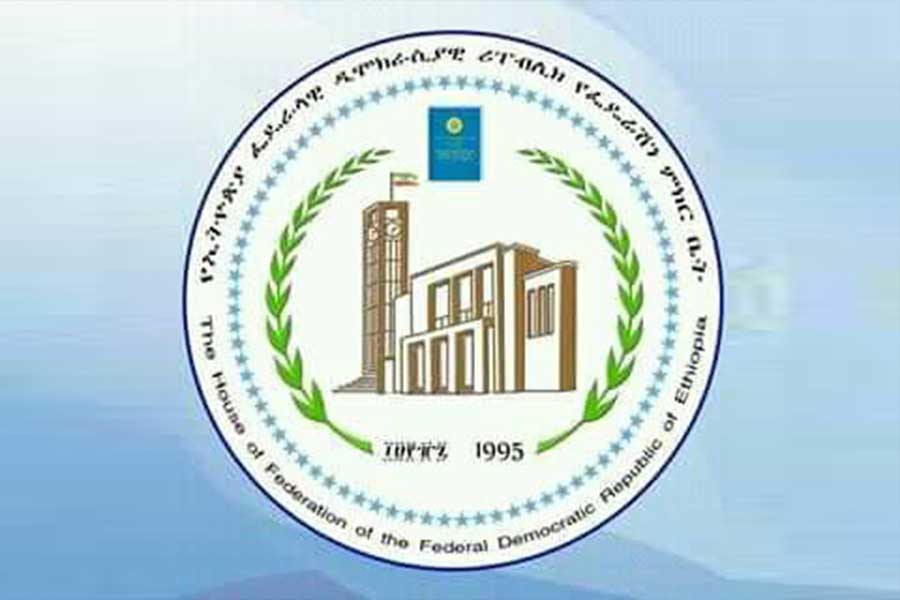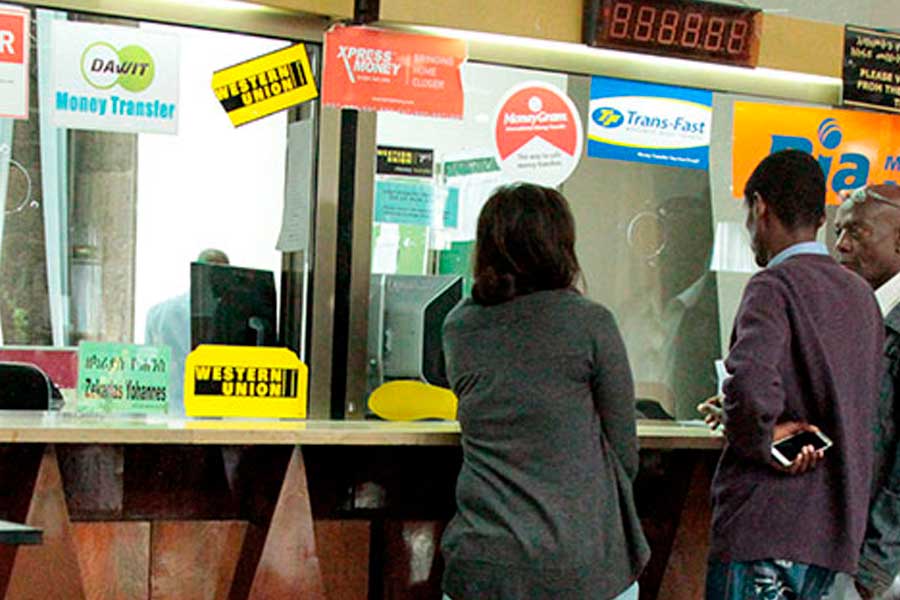
Editorial | Feb 27,2021
Jul 18 , 2020.
In the past two years, it was perhaps the events of the first week of this month that are most fundamental in re-ordering Ethiopia’s political landscape. If the state of affairs shortly after the rise to power of Prime Minister Abiy Ahmed (PhD) was one where multiple political groups gained legitimacy in their contention for state power, June 29, 2020, has served as the unravelling. What the country currently has in its hands is a pulling back of pluralism in the political sphere, which had been creeping up but accelerated over the past three weeks.
Fundamental to this change is the narrative in the making around the assassination of Hachalu Hundessa, a famous musician and political activist. And the violence that followed. Both were egregious acts, leaving in their wake shock and devastation. The lives of hundreds have been lost, properties worth hundreds of millions of Birr were damaged, and citizens were traumatised - these were incalculable losses for which another tragic chapter has to be added to Ethiopia’s political history.
Both sides of the political aisle maintain that the assassination, and no less the subsequent violence, were ruinous, even if there is a selective outrage over the circumstances of the events. Apportioning blame on the responsible party is never easy. Hence, building a winning narrative has become the prevalent political battleground.
It is undoubtedly a high stakes game, and the losing side risks disrepute in the eyes of the public. The Prosperitians, holding on to state power, are actively playing this game as well. They are bidding for one side of the narrative and have already established guilt in the court of public opinion.
Crucial to this process has been dragging through the mud the names and reputations of individuals and groups. It has been an unrelenting process that has gone hand in hand with the arrest of thousands of people, including political figures such as Jawar Mohammed, Bekele Girba and Eskinder Nega. As they remain in police custody, the state's propaganda machinery has laid responsibilities for the killing of Hachalu at the feet of an insurgency operating in the Oromia Regional State.
The accusation has not merely been made by the Federal Attorney General's Office or the Federal Police, both of which had a duty to inform the public of suspects, victims and the security situation in the country. It has instead been a coordinated prosecution of the accused by the governing party and government officials who are appearing in the public media and affiliated broadcasting services. It is all designed to convict the suspects under the custody of police in the court of public opinion, long before the verdicts come from the court of law.
The state has a responsibility of calming the fears of the public by showing that it has every intention and willingness to tamp down on activities that endanger the safety of citizens. This much is understandable. But bringing to bear the resources of the state to portray individuals and groups as enemies of the state and the public while they had the right to be presumed innocent until proven guilty is contrary to the principles of justice. It is fair and honourable to let them have their day in court before judges.
Compounding the problem was the internet blackout until early this week and the closure of private and state-owned media houses that attempted to show an alternate narrative to the events of the past three weeks. It contributed to the state’s monopoly of information. At a time when the security situation was uncertain, the public was left with little else except state broadcasters as a source of information.
This meant that the accused had no other resources through which to tell the other side of the story. True or false, factual or not, what the public could have been provided with was an alternative narrative. Such was a duty even state media houses should have taken, maintaining a semblance of impartiality and featuring prominently commentators deemed neutral enough to provide objective analysis.
How the prosecution of the individuals in the sphere of public opinion will affect the court proceedings is not clear, as the cases are still at the stage of pre-trial hearings. It is encouraging that the accused have been presented before judges and that they have not been held arbitrarily. It was also a positive sign that Daniel Bekele (PhD), head of the Ethiopian Human Rights Commission, was granted access to visit suspects under arrest.
But it is not too much of a jump in imagination to assume that such an enormous media campaign can influence judges or even intimidate them not to stray too far from what has been presented as the official line. Indeed, so much remains murky in what had transpired during that fateful day inside the premises of the Oromo Cultural Centre. Less than material evidence produced before an open court, the state and its officials should not believe they have a monopoly of truth simply because they have an avalanche of narrative that only fits their partisan imagination.
The problem would have been a great deal less complicated had Ethiopia’s legal system made use of juries instead of bench trials. Still, training in jurisprudence can only go so far. It is not foolproof to politics - nothing is. They could be influenced subconsciously, as a result of a narrative built outside of the court, or consciously, because of fear of subsequent disrepute; the wrath of the public or the government if their judgement is unpopular.
How these cases will be tried also serves as an indictment to the autonomy and professional independence of those in the judiciary.
However, the most devastating impact of the prosecution of individuals and groups in the court of public opinion, before their guilt is established in a court of law, will be in the political space.
As Prime Minister Abiy Ahmed (PhD) has stressed, no one should be above the law, no matter how heavy their political capital weighs or support on the ground could be. Institutions, and the trust the public has in them, are indispensable for the rule of law to prevail. Otherwise, there would be individuals too big to fail, like banks, and could thus get away with committing offences.
But the state’s response when it believes that these individuals and political groups have violated the law should be nuanced. In prosecuting them, it has to appear to remain neutral, something it can never do when government institutions themselves are being used to presume guilt before any court has.
It is terrible enough for a country that has a history of strong institutions to have to go through the jailing of political figures. It hints at a sickness at the root of the political dispensation, one that requires political answers. The instinct could have been to resist to add to the politicisation in the process of holding the alleged perpetrators to account.
The behaviour of those with state power should have been informed by how the name and reputation of individuals and groups is deeply intertwined with political causes and the historical authoritarian nature of Ethiopia's governments. The inability to consider these two factors will incapacitate healthy and lawful political competition.
There should have been a consistent effort to dissociate the political calls and causes from the accusations the individuals and groups are facing. The long-term side effect of the prosecution of these individuals could otherwise be the sullying of legitimate political demands with the violence that occurred following Hachalu’s death.
The opening of the internet is an important first step. But this needs to be attended by frequent messaging that criticism of those in state power and espousing of opposing views is still tolerable. It has to be made clear that anyone exercising political activity within constitutional bounds remains free from persecution by the law.
No doubt, this will be a matter of how the government is seen to behave more than a matter of making promises. It depends on the transparency of the investigation and judicial process, for which making the trial open to all media outlets instead of just state-owned or affiliated ones is important. The credibility of the charges brought against the accused and the level of independence afforded to the courts are just as crucial.
PUBLISHED ON
Jul 18,2020 [ VOL
21 , NO
1055]

Editorial | Feb 27,2021

Fortune News | May 08,2021

Fortune News | Sep 04,2021

Addis Fortune | May 07,2022

Fortune News | Nov 04,2020

Fortune News | Oct 11,2020

Viewpoints | Jun 07,2020

Featured | Sep 19,2020

Fortune News | Dec 24,2022

Radar | Sep 19,2020

My Opinion | 131970 Views | Aug 14,2021

My Opinion | 128359 Views | Aug 21,2021

My Opinion | 126297 Views | Sep 10,2021

My Opinion | 123913 Views | Aug 07,2021

Dec 22 , 2024 . By TIZITA SHEWAFERAW
Charged with transforming colossal state-owned enterprises into modern and competitiv...

Aug 18 , 2024 . By AKSAH ITALO
Although predictable Yonas Zerihun's job in the ride-hailing service is not immune to...

Jul 28 , 2024 . By TIZITA SHEWAFERAW
Unhabitual, perhaps too many, Samuel Gebreyohannes, 38, used to occasionally enjoy a couple of beers at breakfast. However, he recently swit...

Jul 13 , 2024 . By AKSAH ITALO
Investors who rely on tractors, trucks, and field vehicles for commuting, transporting commodities, and f...

Jul 6 , 2025 . By BEZAWIT HULUAGER
The federal legislature gave Prime Minister Abiy Ahmed (PhD) what he wanted: a 1.9 tr...

Jul 6 , 2025 . By YITBAREK GETACHEW
In a city rising skyward at breakneck speed, a reckoning has arrived. Authorities in...

Jul 6 , 2025 . By NAHOM AYELE
A landmark directive from the Ministry of Finance signals a paradigm shift in the cou...

Jul 6 , 2025 . By NAHOM AYELE
Awash Bank has announced plans to establish a dedicated investment banking subsidiary...